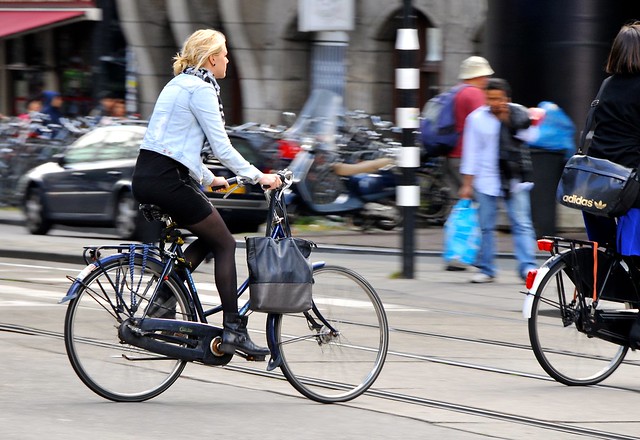Over the last decade, bicycling has found itself a place on both the policy and academic agenda. The bike is becoming an important part of urban transportation and life. Most academic research focuses either on determinants of bicycle use or emphasises bicycling as a cultural phenomenon. This paper attempts to bridge these two strands by arguing that ‘bicycle culture’ consists of both a material and a socially constructed dimension. This notion is explored empirically in a comparative case study of Amsterdam and Portland, OR. It concludes with some of the underlying mechanisms in which material and discursive factors interact and states that both policy makers and academics should be sensitive to their respective geohistorical context.

More about bicycle planning:
No comments:
Post a Comment